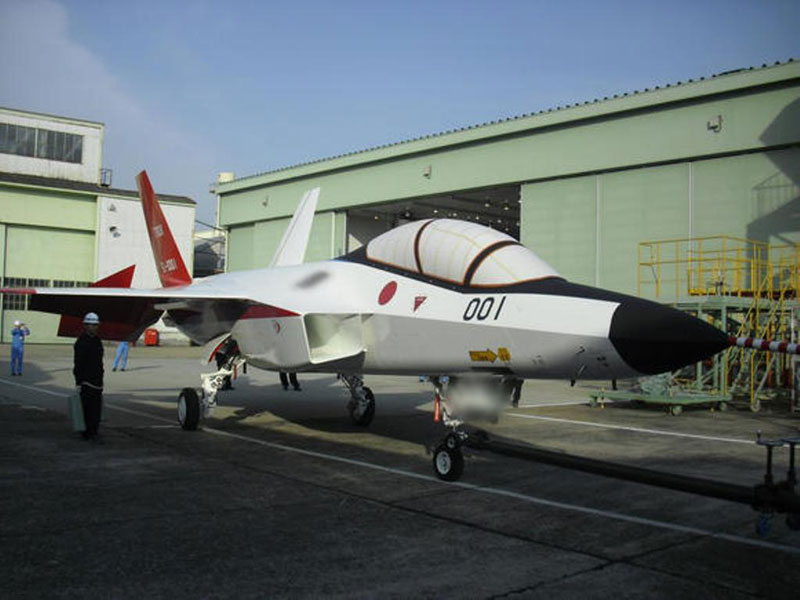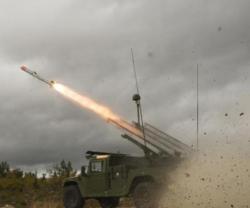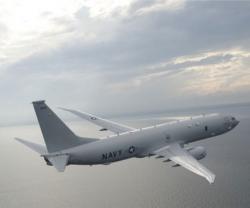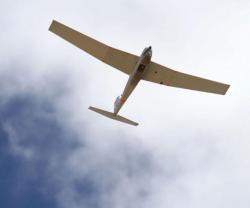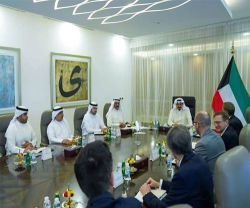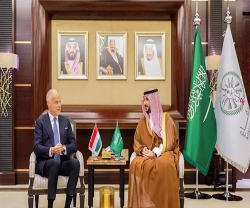The organization, which will be provisionally called the Acquisition, Technology and Logistics Agency, is expected to be a powerful entity that will control nearly a third of the country's defense budget.
According to the general account budget for fiscal 2015, the government of Prime Minister Shinzo Abe plans to spend roughly 4.98 trillion yen ($40.1 billion), slightly up from a year ago, on the nation's military. The amount is almost equal to the 5.97 trillion yen earmarked for public work projects and the 5.36 trillion yen to be allocated to promotion of education and science.
The new agency is expected to undertake a variety of responsibilities that will cost about 1.65 trillion yen in total, while it strives to curb expenses by buying equipment in bulk or concluding long-term contracts.
A new division that will be responsible for talks on possible exports and joint development with overseas makers of defense equipment and technologies, in accordance with the new three principles on transfer of defense equipment and technology, will be newly set up as well. The new principles approved in April 2014 allow the government to export arms and other military technologies.
Currently, the Defense Ministry's materiel-related activities such as procurement, research and development of defense equipment are separately conducted by the staff offices of the Air, Ground and Maritime Self-Defense Forces, as well as two divisions within the ministry -- the Equipment Procurement and Construction Office and the Technical Research and Development Institute.
Establishment of the new agency is expected to consolidate the Ministry's procurement-related divisions into one. The staffing of the agency is to be about 1,800 when it is launched.
The agency will also have a department specializing in negotiations on cooperation with other countries that will consist of 50 members, a significant increase from current four.
The immediate top priority for the agency will be joint development of new submarines with Australia. Australia is considering the Japanese Soryu-class submarines, known for their quiet-running diesel-electric propulsion systems, as a candidate for its fleet upgrade.
As part of this project, Tokyo is expected to supply technical information that will be needed by Canberra in selecting partners in development and construction of submarines. The Acquisition, Technology and Logistic Agency will be responsible for facilitating the talks so that a partner can be chosen before the end of the year.
Another important task for the new agency will be collaboration with overseas partners in developing new military technologies such as the Japan-Britain agreement to jointly develop air-to-air missile technology as part of increased cooperation on defense-related security issues.
The development of next-generation stealth fighters will also be a focus, as the agency will determine if they should be entirely developed and manufactured by domestic manufacturers or jointly with overseas companies. The agency is scheduled to start development as early as August.
Source: Nikkei; Photo: Ministry of Defense

